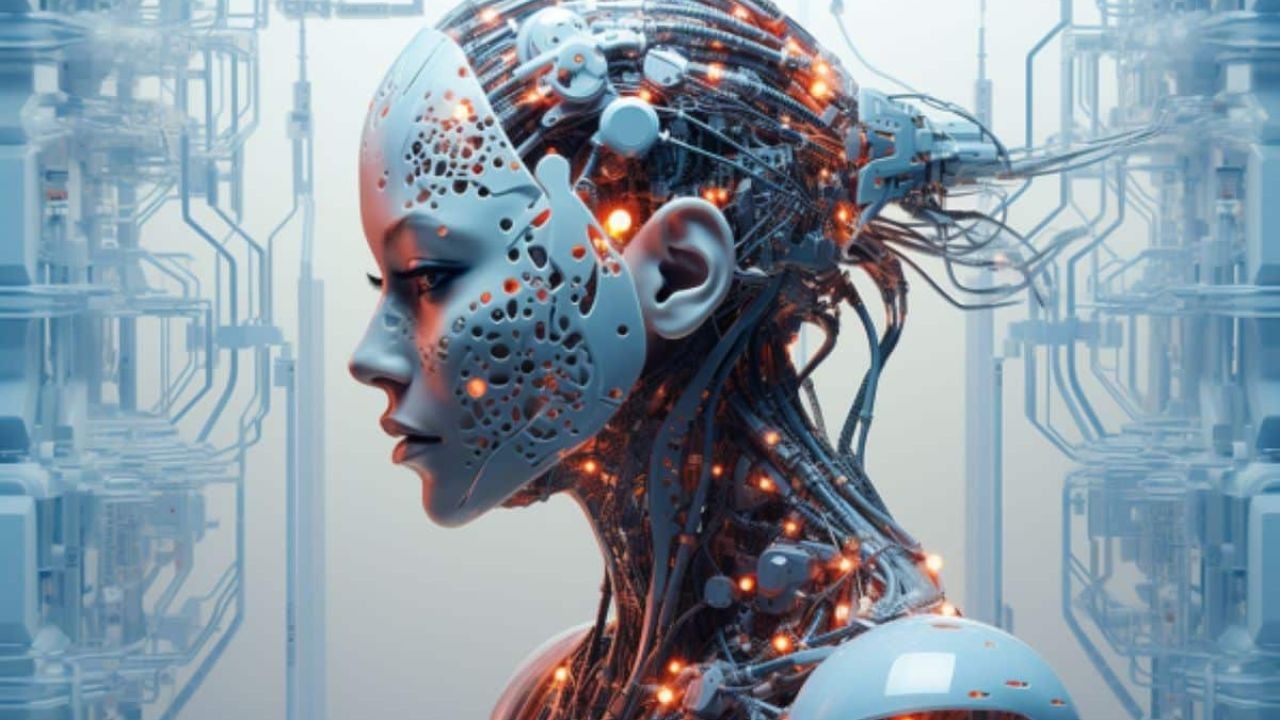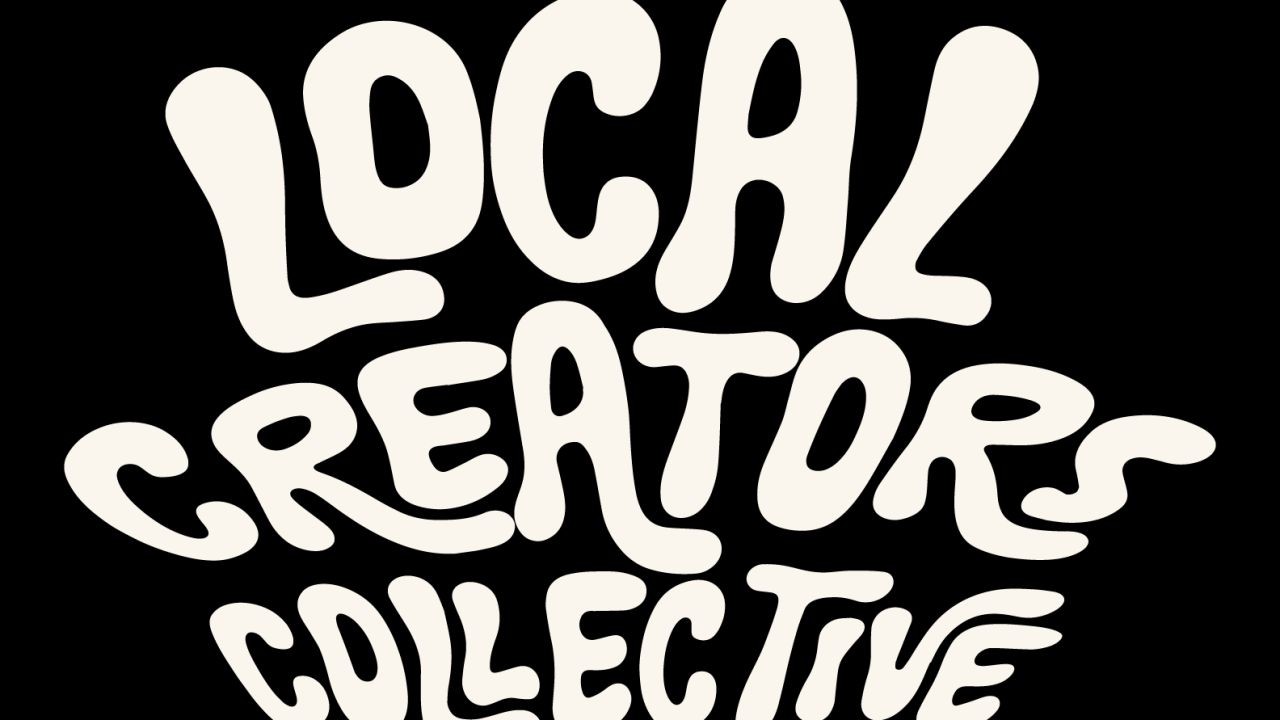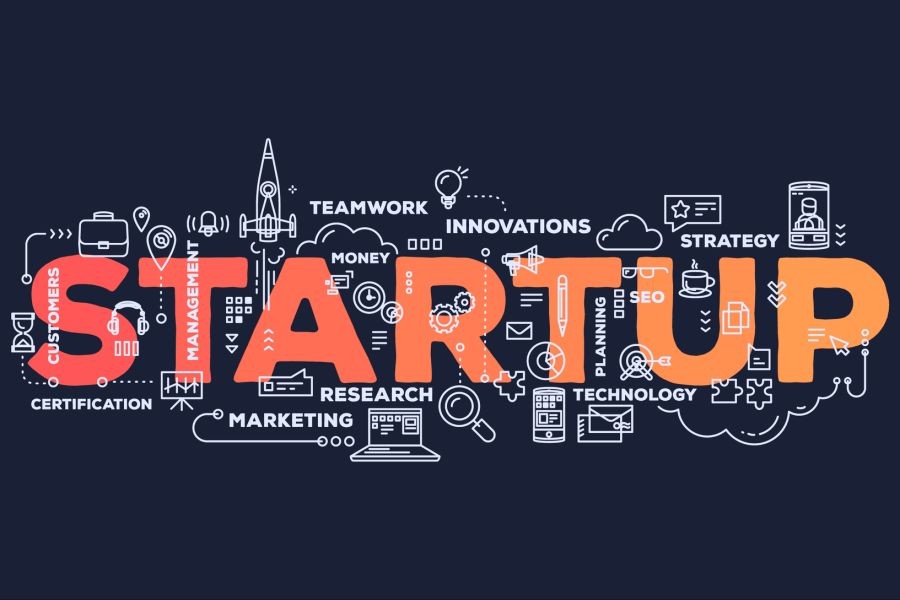New Zealand's economic landscape is rapidly evolving, driven by advancements in technology and a burgeoning demand for skilled professionals in AI and robotics. For property investment specialists, understanding these trends is crucial, not just for diversifying portfolios but also for tapping into emerging opportunities within the tech industry. This article delves deep into the nuances of breaking into AI and robotics careers in New Zealand, providing insights on how these sectors are shaping the future of investment and economic growth.
Introduction
Imagine a world where artificial intelligence (AI) and robotics seamlessly integrate into every facet of life, transforming industries and redefining careers. In New Zealand, this is not just a vision but a burgeoning reality. The country's tech sector, bolstered by government initiatives and a supportive ecosystem, is paving the way for unprecedented growth in AI and robotics. Yet, as with any fast-evolving field, there are challenges and opportunities that prospective professionals and investors must navigate.
According to a report by Stats NZ, the tech sector contributed over NZD 16 billion to the economy in 2023, highlighting its significance and potential. This surge is not merely about technology adoption but represents a fundamental shift in how industries operate. For property investment specialists, this shift offers a dual opportunity: investing in tech-driven companies and understanding how AI and robotics can enhance property management and valuation.
Understanding the AI and Robotics Landscape in New Zealand
New Zealand's AI and robotics sectors are characterized by innovation and collaboration. From autonomous vehicles to AI-driven healthcare solutions, the country is a hotbed for technological advancements. The government's proactive stance, as seen in the New Zealand AI Strategy, aims to position the nation as a global leader in AI development.
This strategic approach is not just about fostering innovation but also ensuring that these technologies are ethical and inclusive. For instance, the strategy emphasizes the need for AI applications that reflect New Zealand's unique cultural and social context, ensuring that technology serves the broader interests of society.
Key Industry Insights
- Government Support: The New Zealand government has launched several initiatives to support AI and robotics innovation, including funding for research and development and tax incentives for tech companies.
- Educational Focus: Universities like the University of Auckland are at the forefront of AI research, offering specialized programs that equip students with the necessary skills to excel in the industry.
- Industry Collaboration: Partnerships between tech companies and traditional industries are fostering a collaborative ecosystem that accelerates innovation and adoption of AI solutions.
Breaking Into AI and Robotics: A Step-By-Step Guide
For those looking to break into AI and robotics careers in New Zealand, a strategic approach is essential. The following steps provide a roadmap to navigate this dynamic field effectively.
Step 1: Acquire Relevant Skills and Knowledge
Education is the cornerstone of any successful career in AI and robotics. Institutions like Massey University offer courses that provide foundational knowledge in machine learning, data analytics, and robotics engineering. Engaging in continuous learning through online platforms such as Coursera or Udacity can further enhance your skills.
Step 2: Gain Practical Experience
Hands-on experience is invaluable. Internships and project-based learning opportunities allow you to apply theoretical knowledge in real-world settings. Many New Zealand-based tech companies offer internship programs that provide practical exposure to cutting-edge technologies.
Step 3: Build a Professional Network
Networking is crucial in the tech industry. Attend industry conferences, join professional groups such as AI Forum NZ, and engage with online communities to connect with industry leaders and peers.
Step 4: Stay Informed About Industry Trends
The AI and robotics landscape is continuously evolving. Stay updated on the latest trends and technologies by following industry publications, attending webinars, and participating in workshops.
Real-World Case Studies
Case Study: Xero – Leveraging AI for Financial Solutions
Problem: Xero, a leading New Zealand-based accounting software company, faced the challenge of automating financial processes to enhance efficiency and accuracy.
Action: Xero integrated AI-driven features into its platform, enabling automatic transaction categorization and predictive financial insights.
Result: The implementation led to a 30% increase in user efficiency and a 25% reduction in manual data entry errors.
Takeaway: This case study underscores the potential of AI in streamlining business operations, offering a model for other companies seeking to leverage technology for competitive advantage.
Data-Driven Insights: The Role of AI in New Zealand's Economy
AI's impact on New Zealand's economy is profound, with significant implications for various sectors:
- Healthcare: AI technologies are enhancing diagnostic accuracy and patient care, contributing to improved health outcomes. According to the Ministry of Health, AI-driven solutions could reduce healthcare costs by 20% by 2026.
- Manufacturing: Robotics is revolutionizing production processes, leading to increased efficiency and reduced waste. The Reserve Bank of New Zealand reports that AI could boost manufacturing productivity by 15% over the next decade.
- Agriculture: AI applications in precision farming are optimizing resource use and increasing crop yields, supporting the country's agricultural sector.
Pros and Cons of Pursuing an AI and Robotics Career
Pros:
- High Demand: The demand for AI and robotics professionals is surging, offering numerous job opportunities.
- Innovative Environment: Working in AI and robotics means being at the forefront of innovation and technological advancement.
- Competitive Salaries: Professionals in this field often enjoy lucrative salaries and benefits.
Cons:
- Continuous Learning Required: The rapid pace of technological change requires ongoing education and skill development.
- High Entry Barrier: Specialized skills and knowledge are essential, making it challenging for newcomers to enter the field.
- Ethical Concerns: The use of AI raises ethical issues, requiring professionals to navigate complex moral landscapes.
Debunking Common Myths About AI and Robotics Careers
Myth 1: AI Will Replace All Jobs
Reality: While AI automates certain tasks, it also creates new job opportunities. A report by NZTech suggests that AI will lead to the creation of 50,000 new jobs in New Zealand by 2030.
Myth 2: Only Tech Giants Employ AI Professionals
Reality: AI applications are widespread across industries, including healthcare, finance, and agriculture. Small and medium enterprises are increasingly adopting AI solutions, creating diverse job opportunities.
Myth 3: AI Development Requires a PhD
Reality: While advanced degrees can be beneficial, many AI roles require skills that can be acquired through online courses and certifications.
Future Trends and Predictions
Looking ahead, AI and robotics will continue to influence New Zealand's economic landscape. By 2028, AI is expected to contribute an additional NZD 6 billion to the economy, driven by advancements in sectors such as healthcare and agriculture. As AI technologies become more sophisticated, their integration into everyday life will become seamless, offering new opportunities for innovation and growth.
Conclusion
The AI and robotics sectors in New Zealand offer immense potential for growth and innovation. For property investment specialists, understanding these trends is not just about diversifying portfolios but also about leveraging technology to enhance decision-making processes. By acquiring the necessary skills, gaining practical experience, and staying informed about industry trends, aspiring professionals can position themselves at the forefront of this exciting field.
Ready to explore opportunities in AI and robotics? Join industry forums, engage with educational institutions, and connect with professionals to stay ahead of the curve. What are your thoughts on the future of AI in New Zealand? Share your insights below!
People Also Ask
- How does AI impact businesses in New Zealand? AI enhances efficiency and innovation, with businesses reporting 25%+ higher productivity, according to Stats NZ.
- What are the biggest misconceptions about AI careers? A common myth is that AI will replace all jobs, but research shows it will create new opportunities.
- What are the best strategies for pursuing an AI career? Start with acquiring relevant skills, gaining practical experience, and building a professional network.
- What upcoming changes in New Zealand could affect AI and robotics? Policy updates and technological advancements could reshape the industry landscape, emphasizing ethical AI applications.
- Who benefits the most from AI and robotics? Industries like healthcare, manufacturing, and agriculture benefit from AI's efficiency and innovation.
Related Search Queries
- AI and robotics careers New Zealand
- AI industry trends NZ
- Robotics jobs Auckland
- AI education in New Zealand
- Future of AI in NZ
- Robotics companies Wellington
- AI job opportunities in NZ
- Impact of AI on New Zealand economy
- AI research in NZ universities
- AI ethics in New Zealand































